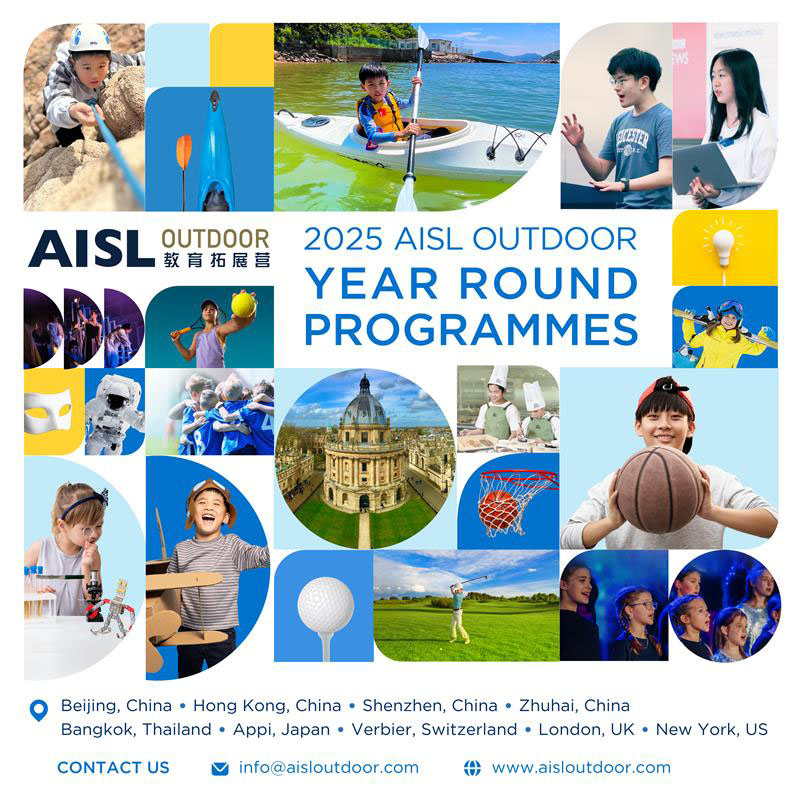Student well-being is an increasingly pressing concern in schools around the world. Within the Asian private school system high academic pressures, long school hours, and the intense focus on entrance exams makes this especially acute where these factors contribute to stress, anxiety, and mental health issues among students. Additionally, societal expectations for academic and social success place a heavy burden on young people which, in this post-covid world, is more evident now than ever. Contextually, with rising concerns around bullying and the effects of burnout, schools in Asia are increasingly recognising the need to focus on mental health support, creating a more balanced environment that promotes both academic achievement and emotional well-being.
Values, Enrichment and never settling for second best
What makes a Harrow School different from all the other excellent schools out there in Asia?
The need for staff awareness and support of wellbeing in schools has never been more necessary than it is right now. For any teaching professionals out there, who have been through a mental health first aid course, you may be familiar with a principal often referred to as your ‘stress container’. The premise is fairly simple. Everyone has one. They vary in size depending on your level of resilience. The water flowing in from the tap above is your stress. The water falling through the drain at the bottom is as a result of those things that you do for the benefit of your mental wellbeing which includes exercise; meditation; mindfulness; healthy eating. And like it or not, if you don’t have the right balance, everyone runs the risk of overflowing from time to time. The consequences of which for adults, who typically possess just about the right level of self-awareness to recognise that they might need some support, even for them can be challenging. But for an adolescent without said life experience, the consequences can be disastrous.
Everyone works on their mental wellbeing to some degree. But what is rarely taught to children is the importance these activities can have on your mental wellness in the long term. The reason for this I think is obvious. For a very long time, the need to educate children about this stuff has been limited. They are called mid-life crises for a reason; they tend not to happen until mid-life. But with the ever changing and increasingly hostile environments young people are growing up in, I personally can’t think of a better time to be working with young people to raise their awareness as to how important all of this is.
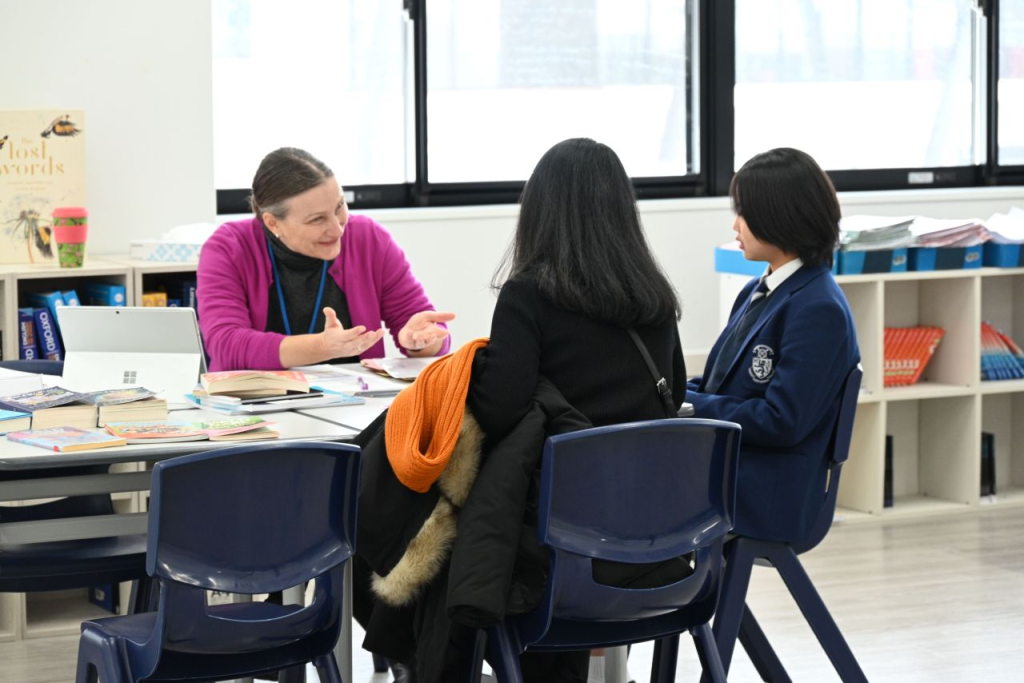
So what is different about a Harrow School? Well, I’m writing to you from Japan. Deep in the heart of the northern prefecture of Iwate where, along with all the other AISL schools, Harrow Appi is trying to instill in its young charges a sense of well roundedness that encapsulates a healthy young mind. Where school leaders are working around the clock to ensure that the three pillars of education are of equal strength, of equal height, and are suitable for the task or providing a foundation on which our young students can thrive. Combining academic, pastoral and enrichment in such a way that regardless of the uniqueness of each child, every child has a chance of finding their strengths and building on them.
This, however simple it sounds, is no small task. It requires a coordinated effort amongst all staff across multiple fields to ensure that each child’s unique journey is effectively supported. The Harrow model of close personal tutoring, combined with pastoral expertise in Boarding and a wide range of extra and super curricular activities goes a long way to ensuring this is the case.
Supported with innovative systems, the tracking and monitoring of each child, given the correct staff to student ratios, is actually very possible if it’s done right. Across Harrow Appi, every child has access to Pulse, a new IT software program where multiple times a week, each child is able to ‘check in’ and score how they’re feeling, to signpost their close personal tutor and give them the information they need to provide effective support. With tutors coordinating with teachers and parents, layers of support can exist so that safety nets and scaffolds are in place to support a child if and when they are most vulnerable.
Child wellbeing is the vital link to progress that so many schools are currently seeking. If the pandemic taught us anything it was that student motivation and focus has never been more fragile. Social media and screen time have played a significant part in eroding peer to peer relationships that used to be the life raft that helped keep young people afloat. Now more than ever, children are navigating high school alone, with only their smart phone for ‘company’. Strategies to support child wellbeing should aim to keep them busy, build relationships and most importantly, build individual resilience. To rely on my earlier analogy, the focus should be to ensure that there are enough activities letting stress out of the ‘container’ so that however much is flowing in at the top, no young person is ever in a position where they ‘overflow’.
Health and Wellness products and services that may be of interest:
Get a special discount by quoting code AISLMALL during CHECKOUT.
Allied Health School Services Program – Parents workshop (90 mins)
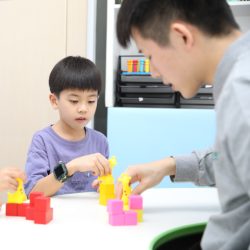
In 2023, ISS and OST Therapy launched the Allied Health School Services Program. The AHSS team offers personalized workshops for parents, focusing on speech/language skills, cognitive play, behaviour management, and building resilience. These workshops provide practical strategies to help parents support their child’s development and create a positive home environment.
Caritas – Counselling Services
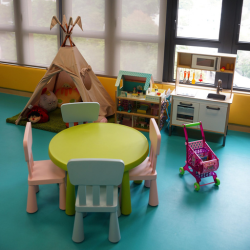
Caritas Human Empowerment & Achievement Training (HEAT) offers counseling for marital issues, extra-marital affairs, divorce, and marriage enrichment. Services include family mediation, sex therapy, support for family conflicts, and therapy for emotional, behavioural, and learning issues in children, as well as mood, stress, anxiety, and trauma.
Health & Wellbeing – Deck of cards

Dr. Christopher Willard’s mindfulness decks offer exercises for emotional well-being, including *Mindful Parenting*, *Self-Love*, and tools for teens to manage depression, anxiety, and build resilience. Each deck provides practical mindfulness strategies for emotional growth and mental health at every life stage.
Health & Wellbeing Videos

Unlock mindfulness and communication skills with expert-led courses. Topics include fostering positive family dialogue, boosting academic performance through mindfulness, and age-specific practices for preschoolers, primary students, and teens, promoting focus, emotional balance, and resilience.
iLiving: Initial 90-minute Consultation with Supported Healing for Children
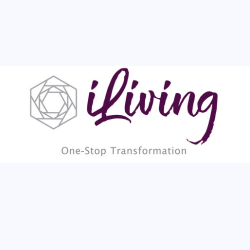
iLiving is a holistic wellness centre that offers integrated services for personal transformation. They provide a comprehensive approach to address both physical and mental health, focusing on modalities like bioresonance, life coaching, family constellations, and more to help clients achieve optimal well-being. This consultation includes health scan of a child who is suffering from chronic physical or mental health challenge and coaching to their caretaker/parent(s).
KFBG Transformative and Mindfulness Forest Immersion Walk

Kadoorie Farm and Botanic Garden (KFBG) delivers inspiring, awareness-shifting and transformative programmes with potential life-changing experiences. We offer an opportunity and a peaceful space in the natural environment of KFBG for participants to experience, to rethink, to identify and to be able to deeply connect and appreciate Gaia, our mother Earth, and the interconnection and interrelationship that we share with her. By being close to, and having a respect for nature, through our transformative workshops, people can experience a sense of deep happiness and spiritual contentment in which could facilitate a more holistic way of living.
Llegend – Diploma in Professional Aromatherapy

This aromatherapy course covers essential oils, anatomy, and therapeutic applications, combining theory and practice. Accredited by the IFA, it offers exemptions for the UK TQUK Level 4 Certificate. As Hong Kong’s leading college for aromatherapy, it boasts 7 international accreditations.
Therapy Services – 1 on 1 Offline Therapy Service

In 2023, ISS and OST Therapy launched the Allied Health School Services Program. Our certified speech-language pathologists and occupational therapists offer personalized therapy for speech, language, motor skills, emotional regulation, and self-care. We use evidence-based practices to support students’ academic and social growth, boosting confidence and promoting inclusive learning environments.
Wellbeing Books Series

Dr. Willard’s books blend mindfulness with practical approaches for families. Alphabreaths teaches kids mindfulness through ABC-themed breathing exercises, while Growing Up Mindful offers parents and educators tools to help children build resilience, self-awareness, and empathy through mindfulness.





